This is a clear and compelling concept that leaders frequently face—it explores the psychology behind choosing familiar pain over uncertain change.
In my years leading organizations and partnering with others, I’ve observed a paradox that defies conventional business logic: many companies remain trapped in costly, destructive patterns—even when solutions are within reach. Despite mounting losses—whether in revenue, talent, or morale—decision-makers often cling to what’s familiar, even when it’s painful.
Why does this happen? The answer is rarely incompetence or ignorance. More often, it’s rooted in human nature. The perceived cost of seeking help—whether financial, emotional, or political—can feel more daunting than the slow, grinding toll of dysfunction. Leaders may fear judgment, loss of control, or the disruption that comes with change. Ironically, these same leaders often have access to trusted partners who understand their landscape and are ready to help. Yet, the call for help is rarely made.
We all have blind spots. Under pressure, it's natural to retreat to our comfort zones. In business, this shows up as tolerating inefficiencies, declining morale, or stagnant performance, rather than embracing the discomfort required for transformation.
The most successful organizations aren’t those without problems—they’re the ones courageous enough to confront reality, wise enough to seek new perspectives, and agile enough to pivot when necessary. Progress demands honesty, openness, and a willingness to challenge the status quo.
If you’re trying to assess whether your team is choosing comfort over growth, here are some red flags to watch for:
A Pattern of Playing It Safe: When team members routinely opt for familiar assignments and avoid new or challenging projects. If managers and directors don’t proactively surface issues or present new ideas, it may indicate a culture of risk aversion, which can lead to stagnation and disengagement.
Resistance to Change: Pushback on new processes, technologies, or initiatives—whether through open disagreement, passive resistance, or disengagement—is often a sign of a team clinging to the status quo.
Decreased Initiative and Innovation: If brainstorming sessions are quiet and few new ideas emerge, your team may be too entrenched in their comfort zones to drive improvement.
Performance Anxiety: Fear of failure or reluctance to take on new responsibilities can paralyze growth. When employees hesitate to stretch themselves, they limit both personal and organizational progress.
Signs of Disengagement: Increased absenteeism, lower productivity, gossip, or resistance to training and collaboration are all signs of retreat into familiar (but unproductive) habits.
Excuses and Rationalizations: Frequent justifications like “this is how we’ve always done it” are often rooted in fear rather than sound strategy. This mindset is a clear signal that comfort is winning over curiosity and growth.
If your team feels stuck, ask yourself: Are we choosing the familiar pain of the present over the possibility of meaningful progress? If the answer is yes, it may be time to reevaluate what real risk—and real opportunity—look like.
How Should Leaders Respond?
Foster Open Communication: Create space for honest dialogue about fears, challenges, and what’s holding people back.
Set Clear, Challenging Objectives: Push your team beyond what’s comfortable, but offer the tools and support they need to succeed.
Recognize Effort, Not Just Outcomes: Celebrate when team members step outside their comfort zones, even if the results aren’t perfect. This reinforces a culture of learning and resilience.
Lead with Empathy, Not Just Expectation: Understand that resistance is often rooted in fear. Meet it with patience, coaching, and clarity—not just pressure.
By staying alert to these signals and building a culture that supports growth over comfort, you empower your team to move from stagnation to momentum—and from fear to real transformation.
The DaMar Solutions Consulting Group is dedicated to unlocking organizational excellence by helping you optimize your human resources, empower your workforce for sustainable peak performance, and support an effective talent acquisition strategy to remain competitive well into the future.

